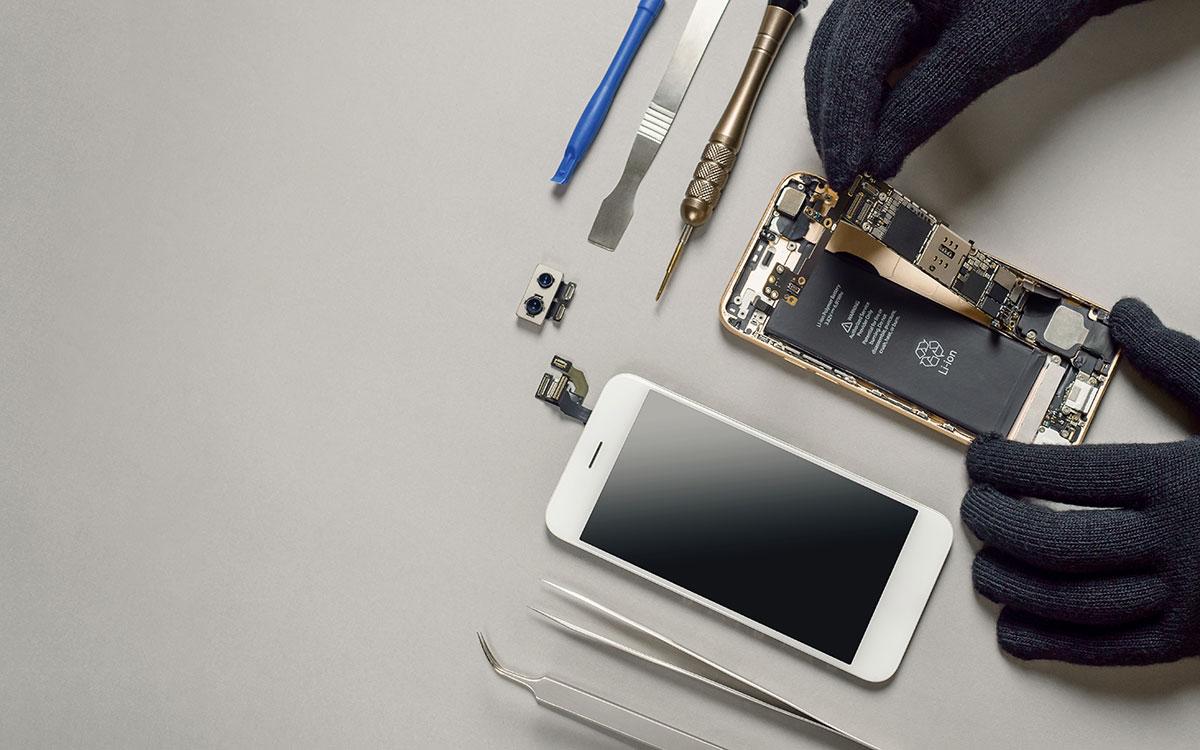With e-waste being one of the fastest-growing waste streams in the UK, we have seen the rise of repair shops popping up around the country to try to find local solutions to prevent electricals from being thrown in the bin.
The Lonely Parts Club in Camden, Share & Repair in Bath, Re:Make Newport and Edinburgh Remakery are just a few of the shops focusing on fixing existing products and teaching others how they can repair the items themselves. Share & Repair in Bath has fixed over 3,000 electrical products since it opened 5 years ago.
Dermot Jones, a project manager of the Fixing Factory for the climate charity Possible, explained “We are facing a consumer goods crisis … we have become used, over the past 40 years, to buying something that can’t be fixed and we accept that as a kind of trade-off for it being cheap… it is often a myth that it takes longer and costs more to fix an item than to buy a new one”.
We expect the cost-of-living crisis to further accelerate the trend, with retailers such as Currys, already seeing an increase in demand for refurbished goods. Repair shops are providing solutions to the public to lengthen the life of their belongings by fixing things themselves.
Current barriers
The rise of repair shops shows there is a demand for people wanting to fix electrical goods, but we still face several hurdles. The right-to-repair regulations, come into full effect next summer, putting the responsibility on manufacturers to make spare parts readily available. However, this only covers a small selection of household electricals such as washing machines and dishwashers, and there is no guarantee that spare parts and repair services will be affordable.
Additionally, a lot of electricals aren’t designed to be fixed with cases being sealed shut or specific tools needed to fix an item that isn’t available in local hardware stores.
Earlier this year, Reuse Network published up-to-date comprehensive official guidance on Electrical and Electronic Equipment (EEE) repair and reuse. The charity is the UK’s only membership body dedicated to reuse charities. The guidance, named ‘Fit for Reuse’, will support reuse operators to meet required standards to run compliantly.
WEEE consultation
The upcoming WEEE consultation, will formalise new legislation on circularity with re-use and reparability targets a possibility. Other factors include eco-modulation, suggesting ways to improve product design to ensure modern technology is designed to be repaired.
Robbie Staniforth, Innovation and Policy Director, commented “The pace of electrical product consumption has become exponential over the past few decades. A major reason for the increased consumption is declining product longevity, which is often linked to the difficulties in repairing broken equipment.
“Too often products become obsolete too early in their lifespan. Changes in legislation to increase consumer protection, based on warranty length and the right to repair is a positive step in the right direction. It will create the right environment for new repair organisation to thrive in a future economy. We can’t recycle our way out of resource problems but we might just be able to repair our way out of them.”
If you have any questions, please contact our team.


